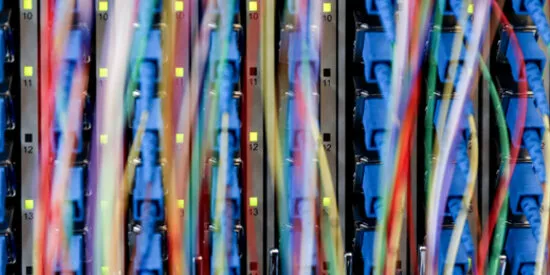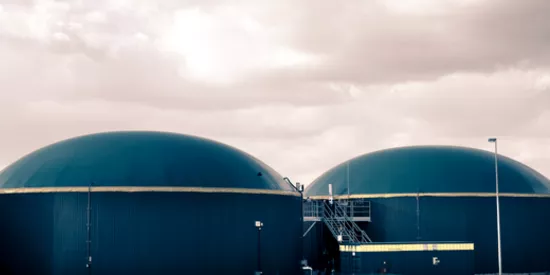
Advancing Cameroon’s low-carbon development through hydropower
When the new Nachtigal hydroelectric power station’s turbines start turning in 2023, this 2km-long dam will supply almost a third of Cameroon’s electricity.
Located on the Sanaga river, 65km north east of Yaoundé, the capital, it is a cornerstone of the Central African country’s electricity development plan and a national priority.
The 420-MW plant will generate nearly 3TWh annually, improving the reliability of the country’s power system, and its electricity will be sold at a competitive tariff that will benefit consumers. During the five years of construction, which started at the end of 2018, the project should create 1,500 direct jobs, most of them for local people.
This €1.2 billion project financing, signed in November 2018, could act as a model for other hydro power projects in Cameroon and across Africa. It will be the largest hydropower project ever built in Africa through project finance, as well as the largest hydropower project supported by the World Bank on the continent. New infrastructure, including low-carbon electricity generation, is regarded as key to Africa’s development and the fulfilment of the United Nations’ Sustainable Development Goals.
The calibre of the initial project’s co-sponsors helped lenders to become comfortable with the risks. EDF, one of the world’s leading electricity companies, and the IFC, a member of the World Bank Group, were co-sponsors alongside the Republic of Cameroon. EDF has a long track record in hydropower with respected technical expertise, while the IFC has a long and successful record of financing in emerging markets.
Together, the sponsors own the Nachtigal Hydro Power Company (NHPC), the project company that will design, build and operate Nachtigal over 35 years. NHPC will fund a quarter of the project cost through equity, with lenders financing the balance with limited recourse project finance loans. The lender group is composed of 11 development finance institutions coordinated by the IFC, and four local commercial banks, including Societe Generale Cameroun. Societe Generale also advised NHPC on this ground-breaking project finance transaction.
Nachtigal is a landmark project for Cameroon that has benefited from IFC’s ability to collaborate with the other World Bank Group institutions: the International Bank for Reconstruction and Development, IBRD, and the Multilateral Investment Guarantee Agency, MIGA. Nachtigal will increase Cameroon’s electricity generation capacity by 30% through clean, low-cost energy. It is an example of how IFC is creating markets that can transform lives.
IFC’s Vice President of the Middle East and Africa
Accompanying the construction of the dam, there will be a regional socio-economic development programme, which will start after consultations with local stakeholders, designed to identify their needs. EDF carried out a similar programme in Laos when it developed the Nam Theun 2 dam.
Societe Generale is committed to financing Africa’s infrastructure through projects such as Nachtigal. It aims to increased loans to structured financing in Africa by 20% over three years.




